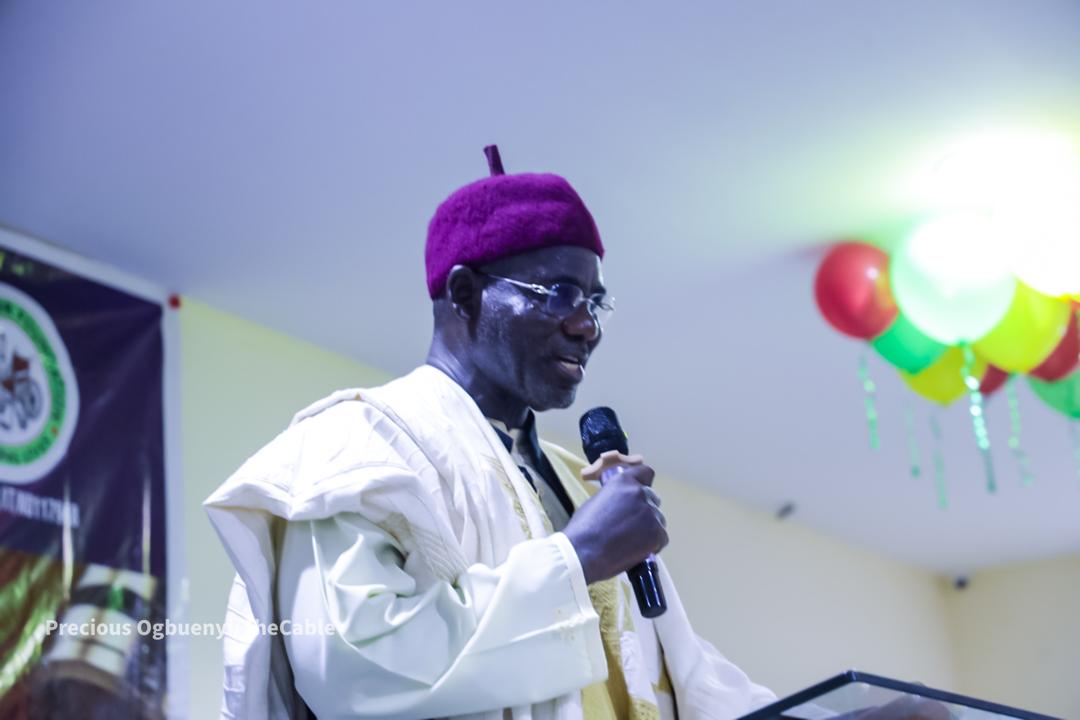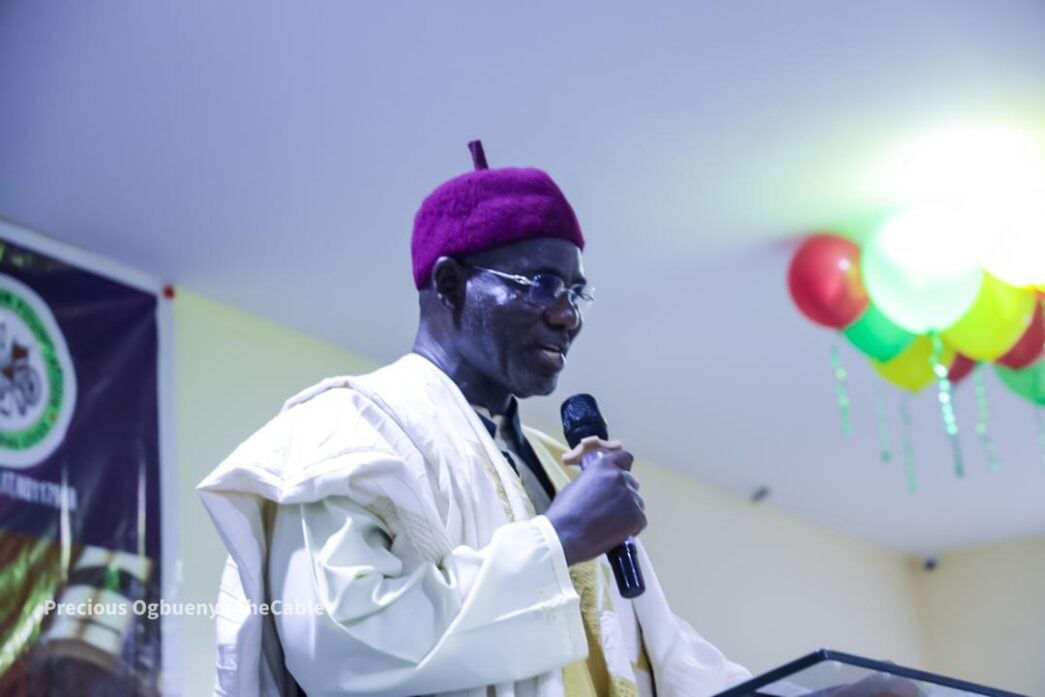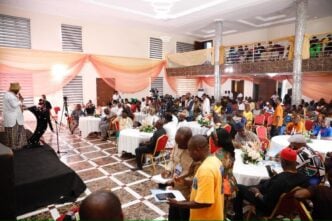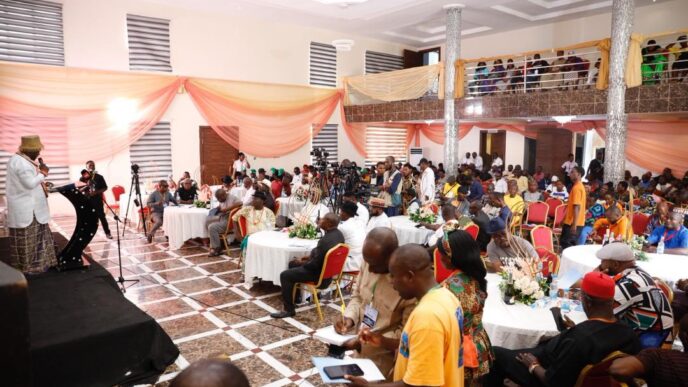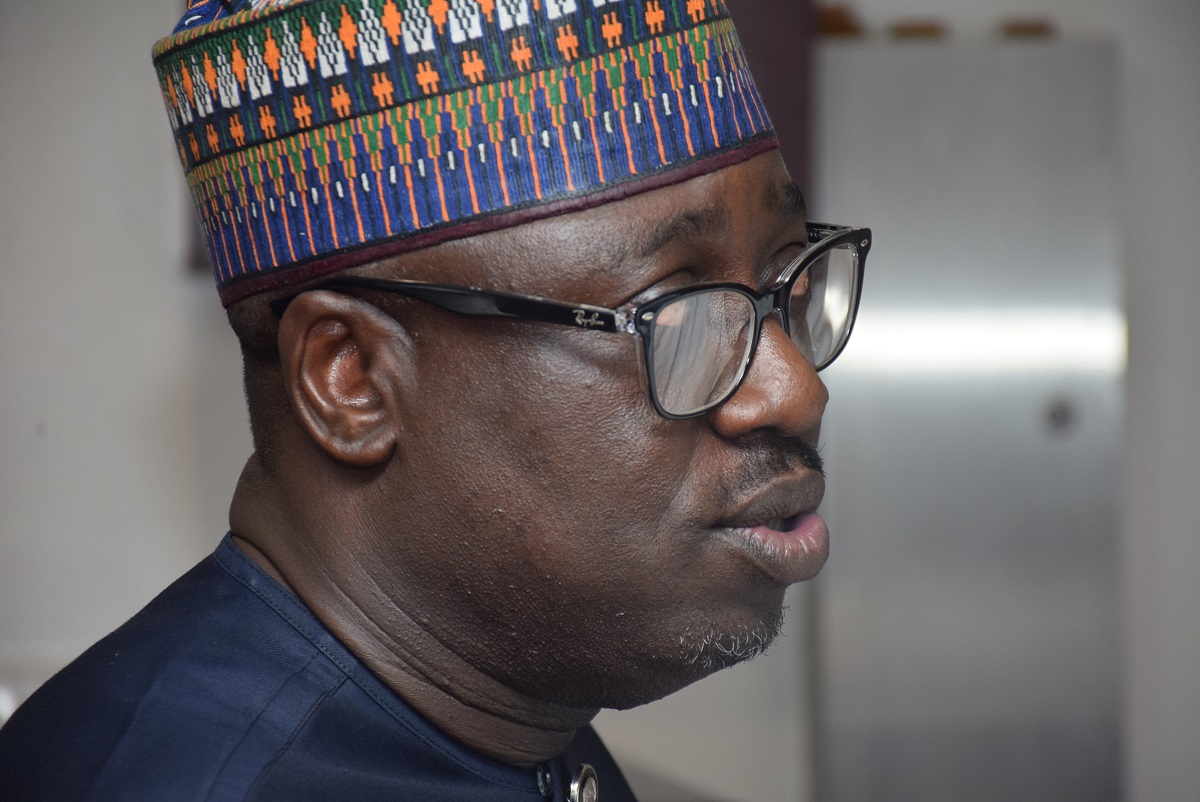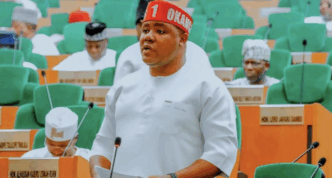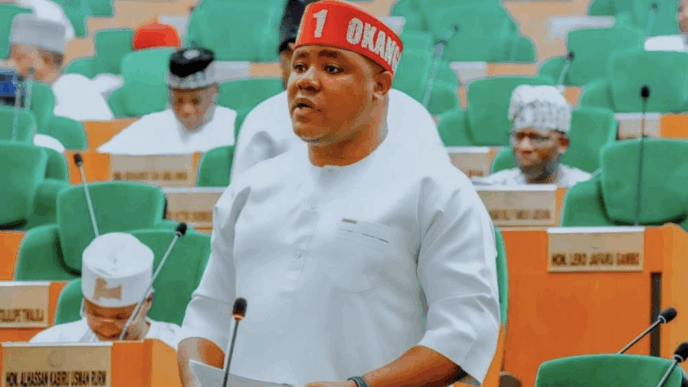Tukur Buratai, former chief of army staff
Tukur Buratai, former chief of army staff, has urged the United States to adopt a cooperative rather than coercive approach in its relations with Nigeria.
BACKGROUND
On Friday, Trump redesignated Nigeria as a “country of particular concern” over claims of Christian genocide in the country.
Hours later, Trump threatened that the “USA will immediately stop all aid and assistance to Nigeria, and may very well go into that now disgraced country ‘guns-a-blazing’, to completely wipe out the Islamic Terrorists killing Christians”.
Advertisement
Subsequently, Pete Hegseth, US secretary of war, said his department is preparing for possible military action if the Nigerian government fails to end the “killing of innocent Christians” in the country.
A handful of right-wing US lawmakers, led by Ted Cruz, the senator from Texas, have repeatedly claimed that Christians are facing persecution in Nigeria.
‘PARTNERSHIP NOT COERCION’
Advertisement
In a statement issued on Sunday, Buratai described the Christian genocide claim as “a dangerous misrepresentation” of Nigeria’s complex realities, warning that acting on such distortions could have severe consequences for regional stability.
“The current confrontation between the United States and Nigeria, ignited by the spectre of foreign military intervention, represents a perilous crossroads. This is a moment charged with the danger of catastrophic miscalculation, yet it also holds the potential for a more resilient and mutually advantageous alliance,” the statement reads.
“The ‘Christian genocide’ narrative is a dangerously reductive distortion of Nigeria’s intricate realities. For the United States, acting on this fallacy would be a profound strategic blunder; for Nigeria, it constitutes an existential menace. To retreat from this brink, both nations must transcend immediate political posturing and acknowledge their fundamental, aligned interests in lasting stability and shared economic advancement.
“For the United States, a coercive, militaristic approach is a blueprint for strategic defeat. Public ultimatums and intimidation directed at a sovereign nation of Nigeria’s stature — Africa’s largest economy and most populous democracy — weaken, not strengthen, American credibility.
“This stance forcibly unites a diverse Nigeria against a common external aggressor, framing the US as a neo-colonial power instead of a trusted ally. It actively propels a nation of over 200 million people—and potentially the entire Economic Community of West African States (ECOWAS)—deeper into the strategic embrace of rivals like China and Russia, who stand ready to exploit an American retreat.
“The objective of safeguarding religious liberty, however principled, will never be achieved by triggering a national collapse. A destabilised Nigeria would unleash a maelstrom of instability across West Africa, intensifying the very security and migration challenges the US aims to contain.
“The wiser, more sustainable course for the US is an unequivocal pivot from public coercion to resolute, private collaboration. This demands an immediate de-escalation of rhetoric and the replacement of threats with concrete offers of advanced intelligence collaboration, specialised counter-insurgency training, and security aid precisely calibrated to Nigeria’s unique threats in the Middle Belt and North-East.
“Most critically, this is a definitive moment for national solidarity. The threat to Nigeria’s sovereignty and corporate existence demands that every citizen, Muslim and Christian alike, rally with unwavering unity behind the government. We must present an impregnable front against external interference.
“The path forward is unequivocal. The United States must recognise that genuine partnership, not heavy-handed pressure, is the sole means to positively influence Nigeria and secure its own long-term interests in a stable and prosperous Africa.”
The former army chief urged the Nigerian government to be more assertive in defending the country’s image abroad, warning that diplomatic silence in the face of damaging narratives could become a national security risk.
